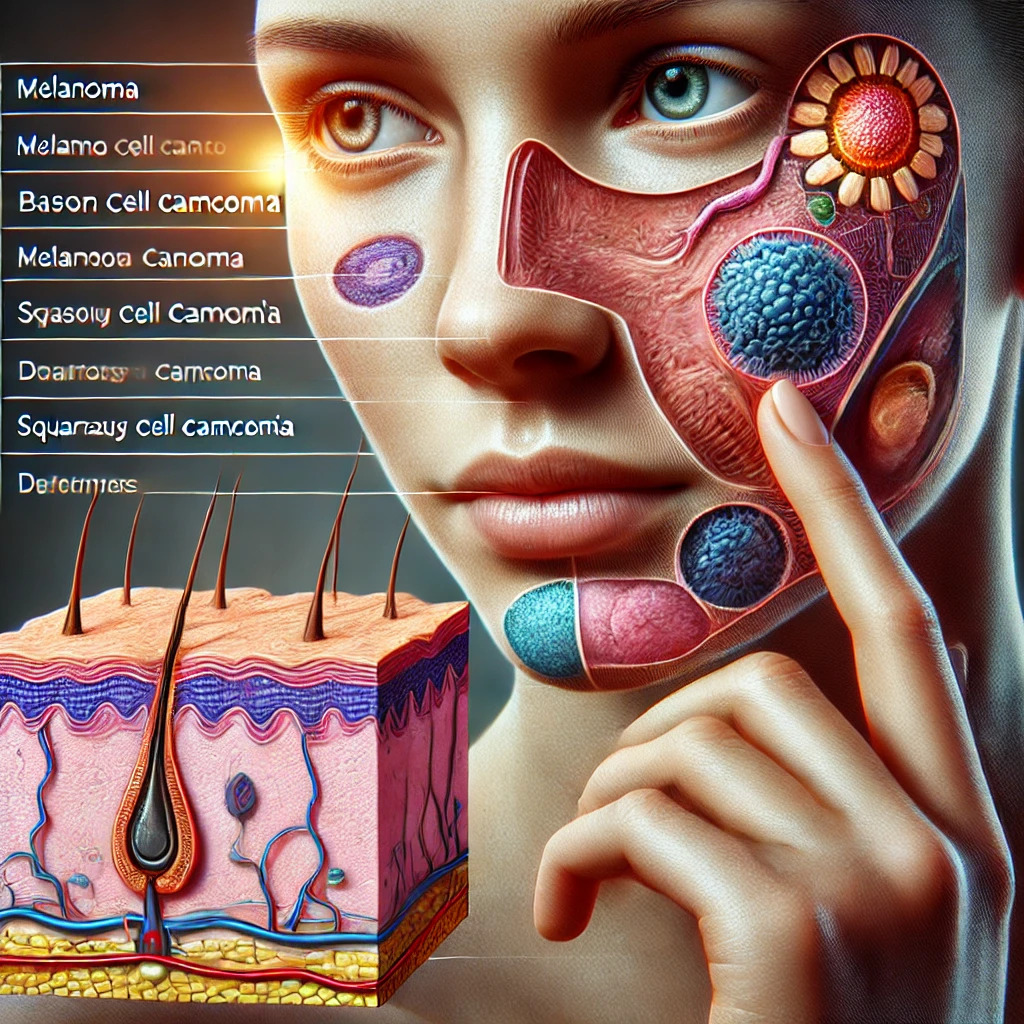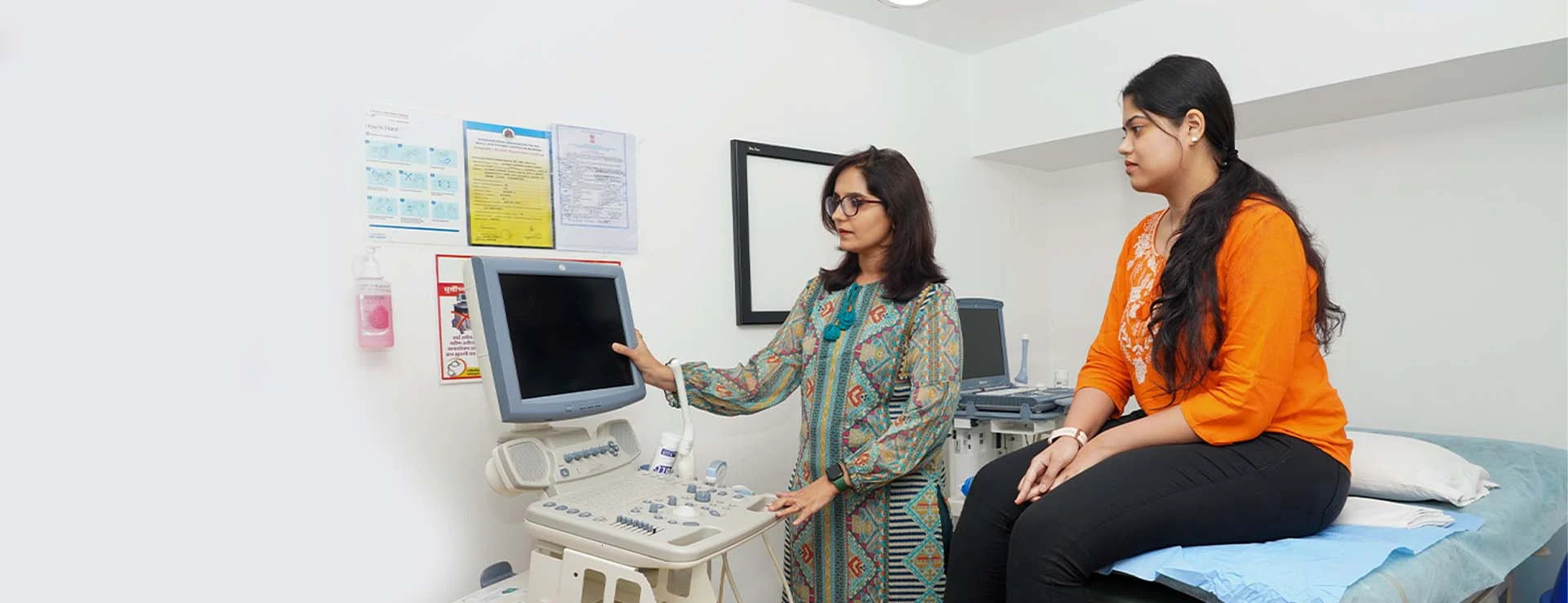Risk Factors for Skin Cancer: What You Need to Know

Skin cancer is one of the most common types of cancer worldwide, affecting millions of people each year. While it can develop in anyone, certain risk factors can increase the likelihood of developing the disease. Understanding these risk factors can help individuals take proactive steps to protect themselves and reduce their chances of developing skin cancer. Below are some key risk factors to be aware of.
1. Ultraviolet (UV) Radiation Exposure
One of the primary causes of skin cancer is excessive exposure to ultraviolet (UV) radiation from the sun or artificial sources like tanning beds. UV rays damage the DNA in skin cells, leading to mutations that can result in cancerous growths. People who spend a lot of time outdoors without proper sun protection are at higher risk.
2. Fair Skin, Light Hair, and Eye Color
Individuals with fair skin, blond or red hair, and blue or green eyes are more susceptible to skin cancer. Their skin has less melanin, which provides some natural protection against harmful UV radiation. As a result, they tend to burn more easily and have a higher likelihood of developing skin cancer.
3. History of Sunburns
Severe sunburns, especially those that cause blistering, significantly increase the risk of developing skin cancer later in life. A history of frequent sunburns during childhood or adolescence is particularly concerning, as early damage can have long-term effects.
4. Family History of Skin Cancer
Genetics play a role in skin cancer risk. If a close relative, such as a parent or sibling, has been diagnosed with skin cancer, your chances of developing the disease are higher. This may be due to inherited traits such as fair skin or a genetic predisposition to cancer.
5. Personal History of Skin Cancer
Individuals who have previously been diagnosed with skin cancer are at an increased risk of developing it again. This is particularly true for those who have had basal cell carcinoma (BCC) or squamous cell carcinoma (SCC), as they have a higher chance of recurrence.
6. A Large Number of Moles or Atypical Moles
Having a high number of moles (more than 50) or atypical moles (dysplastic nevi) increases the risk of melanoma, the deadliest form of skin cancer. Atypical moles are irregular in shape, larger than normal moles, and may have varied colors. Regular skin checks are essential for monitoring changes.
7. Weakened Immune System
People with weakened immune systems, such as those undergoing chemotherapy, organ transplant recipients taking immunosuppressive drugs, or individuals with HIV/AIDS, are more vulnerable to skin cancer. Their bodies have a reduced ability to repair damaged cells and fight off cancerous growths.
8. Exposure to Toxic Substances
Certain chemicals, such as arsenic (found in some well water and industrial environments), can increase the risk of skin cancer. Occupational exposure to harmful substances should be minimized to reduce the likelihood of developing the disease.
9. Age and Gender
Although skin cancer can affect people of all ages, it is more common in older adults due to cumulative sun exposure over time. Additionally, men are more likely to develop skin cancer than women, particularly on the face, ears, and scalp.
How to Reduce Your Risk
While some risk factors, such as genetics and skin type, cannot be changed, there are several ways to lower your risk of developing skin cancer:
Wear sunscreen with an SPF of at least 30 and reapply it every two hours.
Seek shade, especially during peak sun hours (10 AM to 4 PM).
Wear protective clothing, such as hats, sunglasses, and long sleeves.
Avoid tanning beds and artificial UV exposure.
Perform regular skin self-exams and visit a dermatologist for annual check-ups.
By being aware of these risk factors and taking preventative measures, you can protect your skin and reduce your chances of developing skin cancer. Prioritizing sun safety and early detection can make a significant difference in maintaining skin health.
Note: IndiBlogHub features both user-submitted and editorial content. We do not verify third-party contributions. Read our Disclaimer and Privacy Policyfor details.







